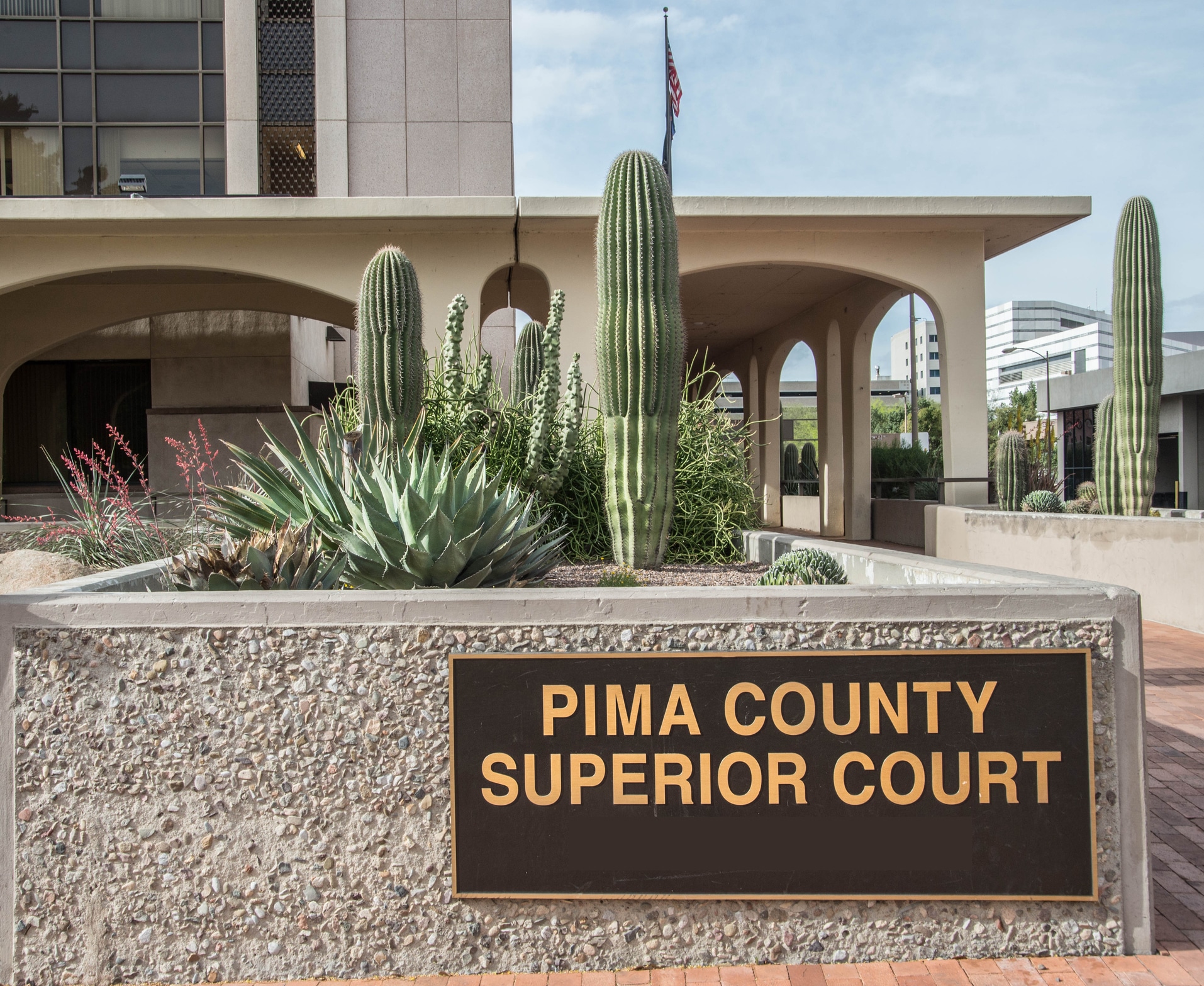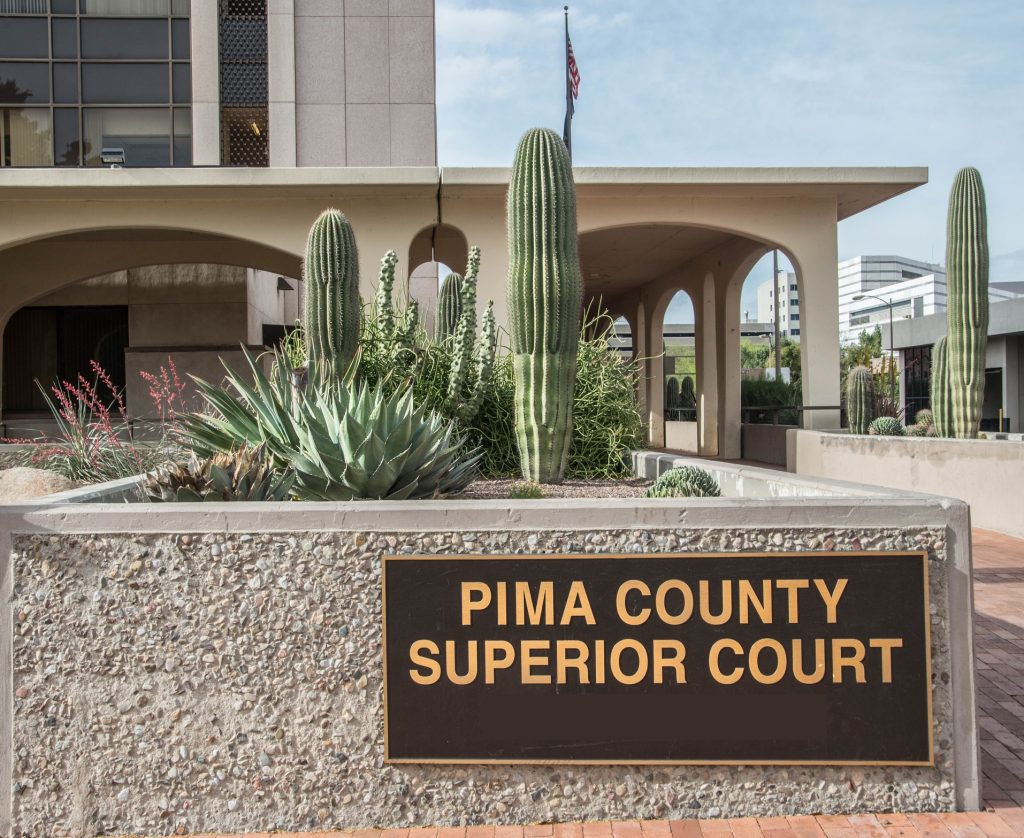
Imagine that the adult care home where your uncle Bill resides has told you that you need to get a guardianship. What does that mean, and what do you have to do? Are there alternatives to guardianship?
Guardianship means court involvement
When you visit a lawyer to “get” guardianship, you should know that it isn’t going to happen in a single office visit. Guardianship is a court process.
It is also expensive, since it involves court filings and hearings, appointment of an attorney to represent Bill, and surprising volumes of paper. How expensive? It depends, of course. Typically, though, the whole process might cost several thousand dollars and take at least six weeks to complete.
Guardianship, by the way, is the term we use in Arizona to describe a person appointed by the court to make personal decisions for an incapacitated person. It’s also used in cases involving minors whose parents are unavailable, but that’s a different process and story.
Is it Uncle Bill’s money you need to control? In Arizona, that means a conservatorship. That’s likely to cost a little bit more but take about the same amount of time. It would also be nice to have an alternative to conservatorship.
What are the alternatives to guardianship?
This is a good time to remind you: we are Tucson elder law attorneys. What we tell you, while brilliantly written and beautifully reasoned, is always limited to Arizona law. If neither you nor Uncle Bill are in Arizona, language and practice could be different in your state. Talk to a local lawyer.
In Arizona, you may not need a guardianship at all. Arizona law permits family members to make decisions for an incapacitated adult, even if there is no guardianship or power of attorney. There is one large limitation, though: you would not have authority to remove Uncle Bill’s feeding tube or other life-sustaining treatment without more formal authority.
The Arizona law refers to “surrogate decision makers” and sets out a priority listing. Spouses are first on the list, followed by children, parents, domestic partners and siblings. Oops — nieces and nephews aren’t on the list. Not to worry, as you should qualify as a “close friend” — the last choice on the list. Besides, your mom is Bill’s sister, and she’s on the list at a higher priority anyway.
What about a power of attorney?
If Uncle Bill can understand what he’s signing, he could give you a power of attorney. Of course, he might choose your mom, or another one of his nieces or nephews — but he could name the person who can make decisions for him.
The health care power of attorney is usually one of the best alternatives to guardianship. It is relatively inexpensive (you can even get the forms online), easy to complete and protects Bill’s choices.
The principal problem, though, is that Uncle Bill has to be competent when he signs the document. If he is now competent — even if he doesn’t need you to make decisions yet — get him to sign a power of attorney by, say, tomorrow. This is urgent. He needs to be prepared.
Who gets to decide whether Uncle Bill can sign a power of attorney? Well, the document will be notarized — so the notary public might be the ultimate arbiter of his capacity. By the way, he might be able to do it earlier (or later) in the day, or at a lawyer’s office, or on an outing — even though he might not seem completely together on a typical day.
Are there alternatives to conservatorship?
Yes, but they may not be as straightforward. Uncle Bill could sign a financial power of attorney when he signs his health care power of attorney. That way he has alternatives to guardianship and conservatorship. The forms are not as easy to find on your own, however — and you are more likely to need the help of a lawyer.
There is no “surrogate decision maker” for financial matters. Even spouses do not have the automatic right to handle one another’s financial matters. Neither do parents have any automatic authority over their children’s finances — even when the child is still a minor.
A trust can be a conservatorship alternative
If Uncle Bill had the presence of mind to have signed a trust when he was still competent, that could help a lot. As his successor trustee (he did pick you, didn’t he?) you will have authority over any assets titled to the trust. Ordinarily, that will be essentially everything he owns or has control over.
That does assume that Uncle Bill signed the trust and transferred all of his assets into the trust’s name. If not, there will be a little cleanup to be undertaken.
Where do we come in?
We really like your Uncle Bill. We also like problem-solving. And we are very eager to help with alternatives to guardianship and conservatorship.
We also are very protective of your Uncle Bill, however. We want to make sure you’re handling your authority properly, and that you understand your obligations. If you (or Bill) live in Arizona, you could make an appointment to explore whether we could work together.



